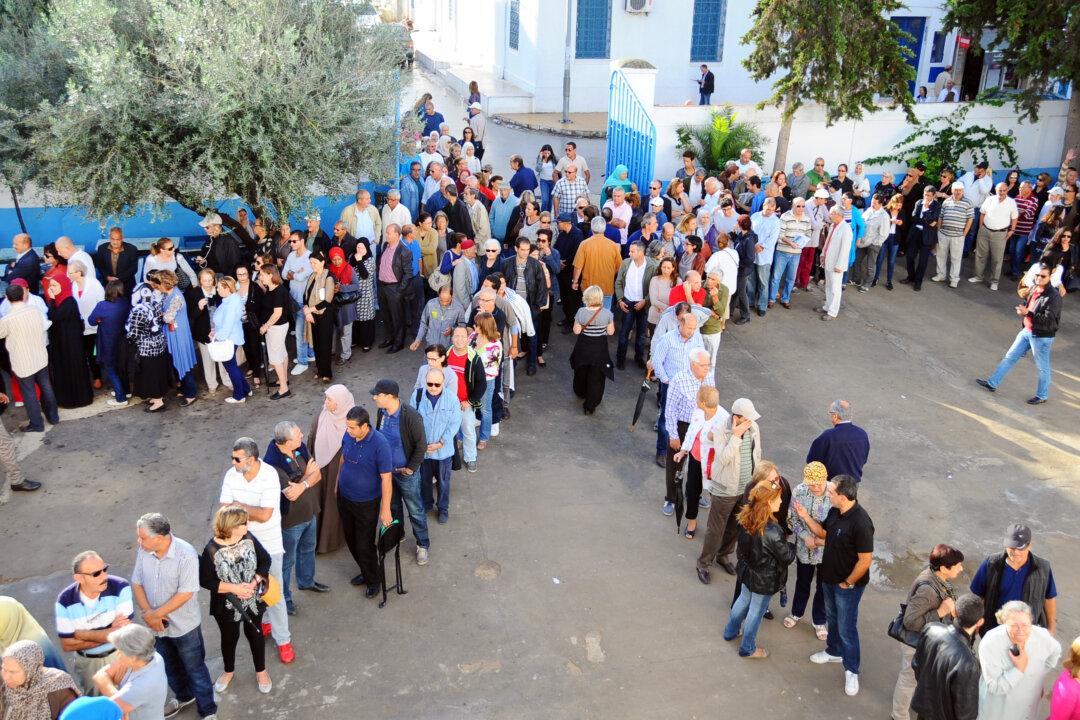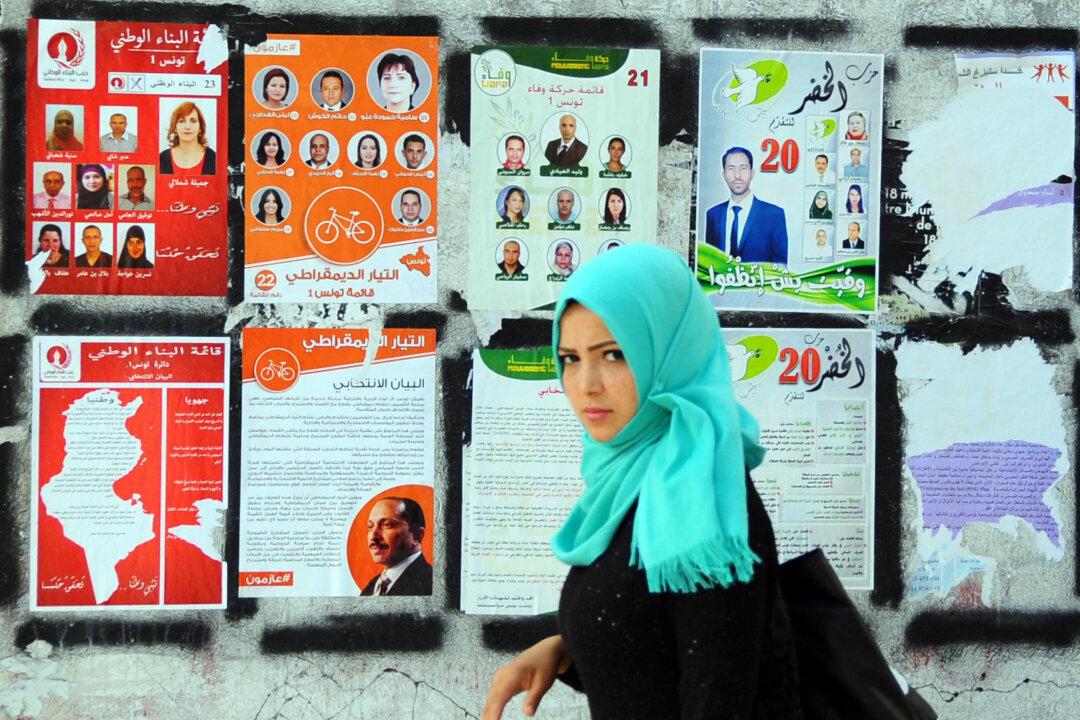Paul Schemm
Author
LATEST
Tunisia Elections Possible Model for Troubled Region
Tunisia’s orderly parliamentary elections are being hailed as a model of democracy for a region torn by strife and full of dictatorships. Regional rivalries, however, may put pressures on this fledgling democracy to move away from the dialogue and consensus that has made the country’s transition a success so far.
|
Tunisians Skeptical on Eve of Historic Election
In a raucous cafe in a Tunis slum, men talked in loud voices and paid little attention to the politicians debating on the television mounted on the wall. Qais Jebali swiftly made espressos behind the bar and explained why no one in the gritty neighborhood of Tadamon cared about the upcoming elections.
|
Tunisia Elections Possible Model for Troubled Region
Tunisia’s orderly parliamentary elections are being hailed as a model of democracy for a region torn by strife and full of dictatorships. Regional rivalries, however, may put pressures on this fledgling democracy to move away from the dialogue and consensus that has made the country’s transition a success so far.
|
Tunisians Skeptical on Eve of Historic Election
In a raucous cafe in a Tunis slum, men talked in loud voices and paid little attention to the politicians debating on the television mounted on the wall. Qais Jebali swiftly made espressos behind the bar and explained why no one in the gritty neighborhood of Tadamon cared about the upcoming elections.
|


